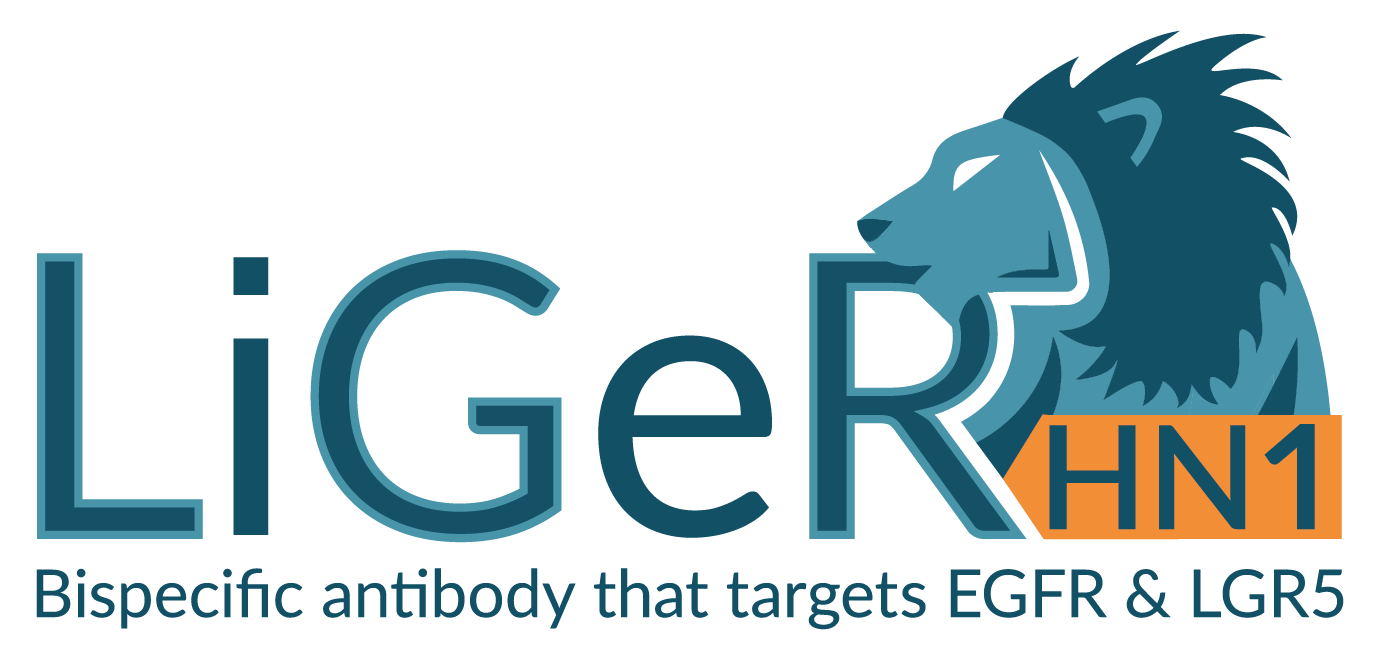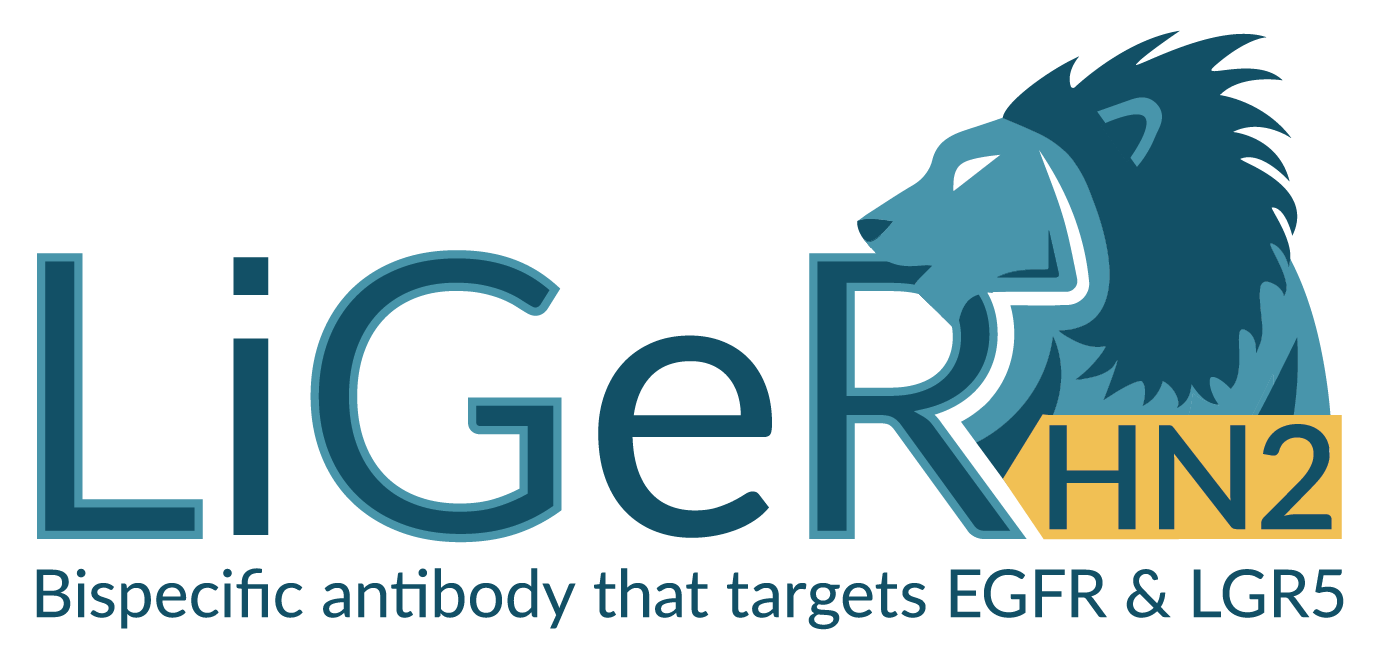Our Pipeline
The product candidates in the Merus pipeline are based on the Multiclonics® format (full length human IgG antibodies). Our strategy employs the unique attributes of our proprietary bispecific antibodies and our patented screening technologies to engage and harness the power of the immune system to target tumor cells.
Petosemtamab (MCLA-158)


Petosemtamab is a Biclonics® low-fucose human full-length IgG1 antibody targeting the epidermal growth factor receptor (EGFR) and the leucine-rich repeat containing G-protein-coupled receptor 5 (LGR5). Petosemtamab is designed to exhibit three independent mechanisms of action including inhibition of EGFR-dependent signaling, LGR5 binding leading to EGFR internalization and degradation in cancer cells, and enhanced antibody-dependent cell-mediated cytotoxicity and antibody-dependent cellular phagocytosis activity.
Please see full Prescribing Information, including Boxed Warning
Merus has exclusively licensed to Partner Therapeutics the right to commercialize BIZENGRI® for the treatment of NRG1 fusion-positive cancer in the United States.
MCLA-129
MCLA-129 is an ADCC-enhanced human IgG1 Biclonics® that binds to EGFR and c-MET. In preclinical models, MCLA-129 blocks growth and survival pathways and engages immune effector mechanisms to kill cancer cells. MCLA-129 reverses resistance to tyrosine kinase inhibitors in non-small cell lung cancer (NSCLC) cell lines and inhibits tumor growth in xenograft models of NSCLC. Merus has exclusively licensed Betta Pharmaceuticals Co. Ltd. to develop and potentially commercialize MCLA-129 in China, while Merus retains full rights ex-China.
ONO-4685**
Merus to receive potential milestones for advancement of this clinical candidate in development, and potential milestones and royalties upon commercialization, if approved.
INCA33890**
Merus to receive potential milestones for advancement of this clinical candidate in development, and potential milestones and royalties upon commercialization, if approved.
* Merus is eligible to receive milestones and royalty payments for commercialization of Zeno in the U.S. for the treatment of NRG1+ cancer.
† Approved under accelerated approval by the U.S. FDA for pancreatic adenocarcinoma or non-small cell lung cancer that is advanced unresectable or metastatic and harbors the NRG1 gene fusion– not approved in any other jurisdiction.
** If commercialized, Merus to receive royalties.
Publications
To read more about Merus platform and its leading Multiclonics® technology, please follow the link below for access to Merus scientific publications.
